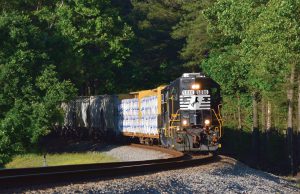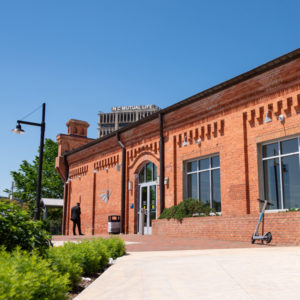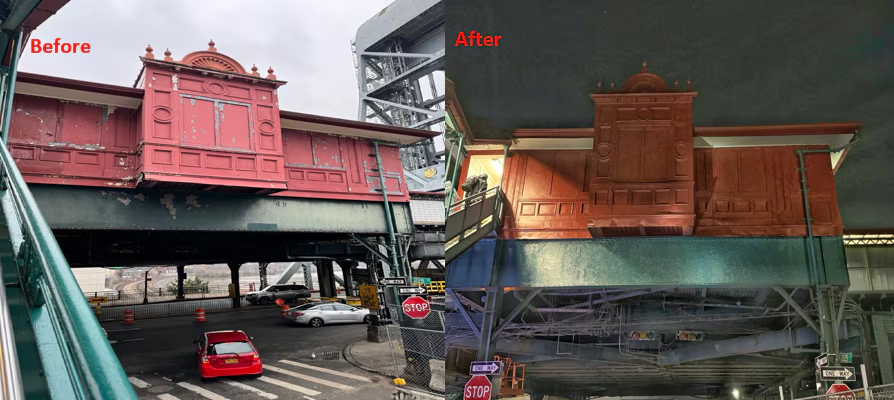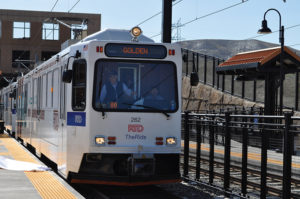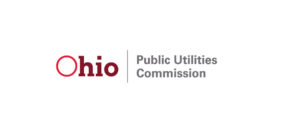Washington State buys polluted parcel
Written by jroodTaxpayers are footing the bill to clean contamination at the former site of a metal scrapping yard in west Vancouver, Wash., the Columbian reports. The property will be used for auxiliary tracks as part of a $150-million rail improvement project. Excavation will resume in the spring. The total cost, including earthwork and remediation, could come to $1 million. The 2½-acre property along Fourth Plain Boulevard had been the site of a metal scrap yard originally established in 1946. Metal scrapping ended after a raid by environmental regulators in late 2006. Later, the property owner hired an environmental remediation company to clean out oil-soaked trenches and dry wells. But residual contamination - metals, petroleum and polychlorinated biphenyls - remained embedded in the soil. The railroad, with the Washington Department of Transportation, identified the property as a parcel that could be useful in a major railroad improvement project. The $150-million project - funded by state and federal transportation dollars - is designed to alleviate chronic rail congestion in Vancouver. The property would accommodate a new set of auxiliary tracks, allowing freight and passenger trains to speed through the Vancouver yard on a track currently used as a siding. Ultimately, the DOT anticipates railroad improvements in Vancouver and throughout Western Washington will enable the state to improve the frequency and on-time performance of Amtrak passenger service. Acquiring the property was seen as a small but necessary piece toward that much larger goal. The contamination did not faze transportation officials, said David Smelser, rail projects coordination manager for the DOT. A spokesman for BNSF, which now holds title to the property, said the railroad and the DOT were fully aware of the contamination. Yet the state ultimately agreed to bear the cost of cleanup because this particular property was considered crucial to the overall $150-million rail improvement project. State officials said they considered segregating the property with a retaining wall to minimize environmental remediation, but that would have been even more costly than hauling away all of the tainted soil. And the Fruit Valley neighborhood would have been left with a contaminated piece of ground. So taxpayers are stepping up. "We came to an agreement on the best overall plan to accommodate rail," BNSF spokesman Gus Melonas said. "It works operationally, but it is also a benefit to the neighborhood and community." The state agreed to pay up to $1 million for BNSF to remediate the environmental hazard and clear the top eight feet of soil to bring it level to the adjacent rail yard. The soil had to be removed to clear the way for the auxiliary tracks. State transportation officials said they did not break down the estimated cost of earthwork versus environmental remediation. However, they said the remediation cost would be substantial. "At some point, you dig down and get to clean dirt," Smelser said.

